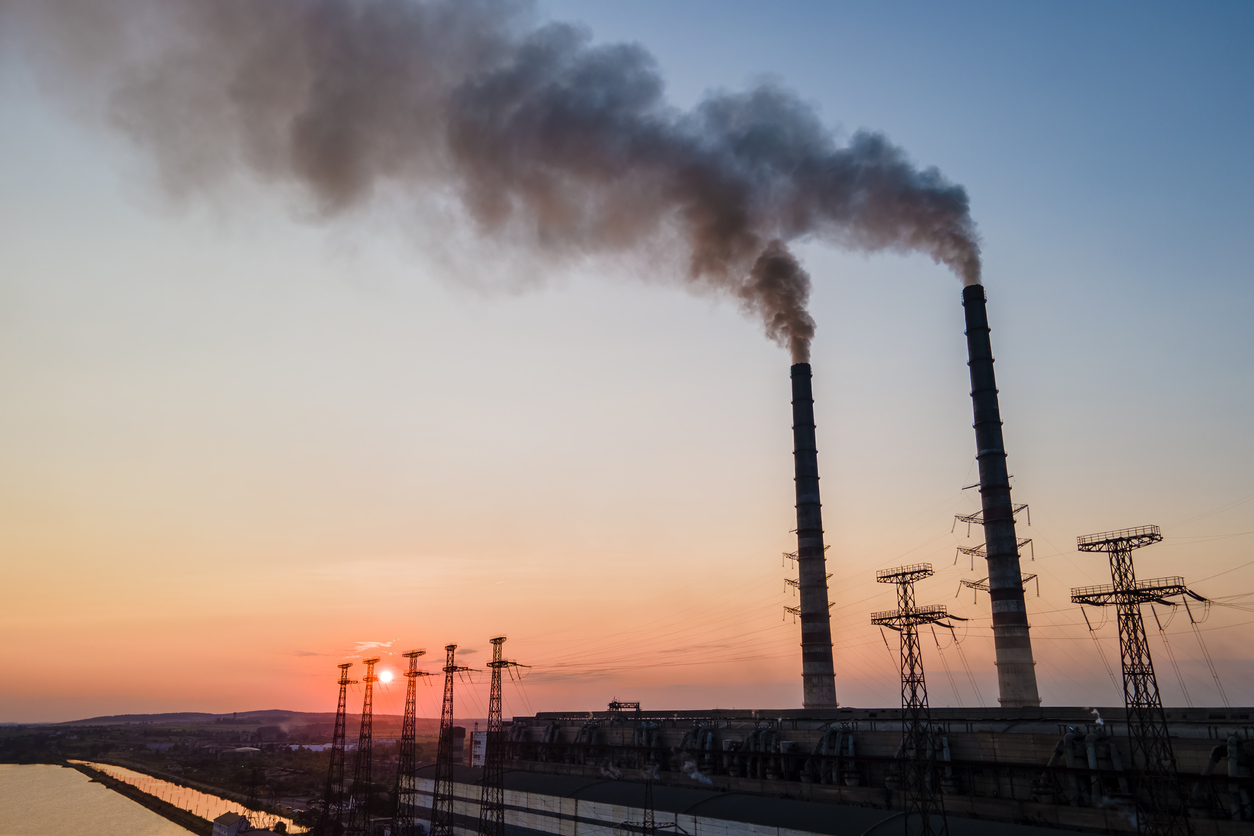
For decades, the burning of fossil fuels at power plants has resulted in adverse public health outcomes for some of the most environmentally-overburdened communities in our country. Black, Indigenous, communities of color and low-income communities breathing in the pollution from these facilities experience disproportionate rates of heart and lung diseases, asthma, bronchitis, a greater number of emergency room visits, and premature deaths. In addition to these devastating health effects, power plants are the second largest source of carbon emissions in our country and therefore, strong immediate regulation of these emissions will be key to addressing the climate crisis.
Earlier this summer, the U.S. Environmental Protection Agency’s (EPA) proposed rules that would create the first carbon pollution standards for new gas-fired combustion turbines, existing coal, oil, and gas-fired steam generating units, and certain existing gas-fired combustion turbines in line with Agency’s authority under section 111 of the Clean Air Act.
While the Proposed Rule is meant to limit man-made carbon emissions and help mitigate the climate crisis, it is uncertain whether the plan can result in overall emission cuts. In fact, EPA’s proposed actions rely on unproven technologies that threaten the health and safety of environmentally overburdened communities through the widespread deployment of carbon capture and hydrogen blending.
Just Solutions submitted comments to EPA on this rule, raising environmental justice concerns and making recommendations for improvement.
As written, EPA could allow states to implement less stringent standards in their State Implementation Plans (SIPs) through two main avenues. The rule could create disproportionate impacts for environmental justice communities by allowing states to use cap-and-trade schemes instead of requiring direct emission reductions. The rule could also allow states to apply a less stringent standard for specific sources with circumstances unforeseen by EPA under the “Remaining Useful Life and Other Factors” (RULOF) provision. Just Solutions asks EPA to require early and ongoing meaningful engagement with affected communities, reject the use of cap-and-trade in SIPs unless the state proposes additional protections for disadvantaged communities, and require states to conduct an in-depth analysis to determine that a RULOF provision would not contribute to disparate impacts on environmental justice communities.

Additionally, the Proposed Rule provides only a cursory environmental justice analysis and fails to address the impacts this rule would perpetuate on environmental justice communities under Executive Order 12898 and Executive Order 13985. Furthermore, EPA fails to consider how the likely disparate impacts from the implementation of the rule as written may violate civil rights requirements under Title VI. Just Solutions recommends that EPA not only consider these impacts but also address this burden by requiring direct emissions reductions. We call on EPA to impose strong safeguards to prevent the power plants regulated by this rule from shifting the costs of expensive CCS and hydrogen infrastructure on ratepayers.
Lastly, the Proposed Rule improperly relies on anticipated future actions by other federal agencies instead of addressing certain issues critical to the overall proposal. For example, EPA proposes to base their definition of “low-GHG hydrogen” on the Treasury Department’s yet-to-be-determined rulemaking under the Internal Revenue Code section 45V(b)(2). Just Solutions recommends that EPA develop a definition for “low-GHG hydrogen” that fits the purpose and authority it has to require emission reductions under the Clean Air Act which differs from Treasury’s role of providing hydrogen production incentives created by the Inflation Reduction Act. The EPA also prematurely relies on the use of carbon capture technology before regulatory requirements are in place to protect the safety and well-being of the public. As such, we recommend that EPA pause any construction of CCS infrastructure until the Pipeline and Hazardous Materials Safety Administration finalizes regulations on carbon dioxide pipelines that protect communities.
As the Proposed Rule gets finalized, Just Solutions will continue to provide input with our partners to ensure this rule provides real safeguards for environmental justice communities and adequately responds to the climate emergency.
